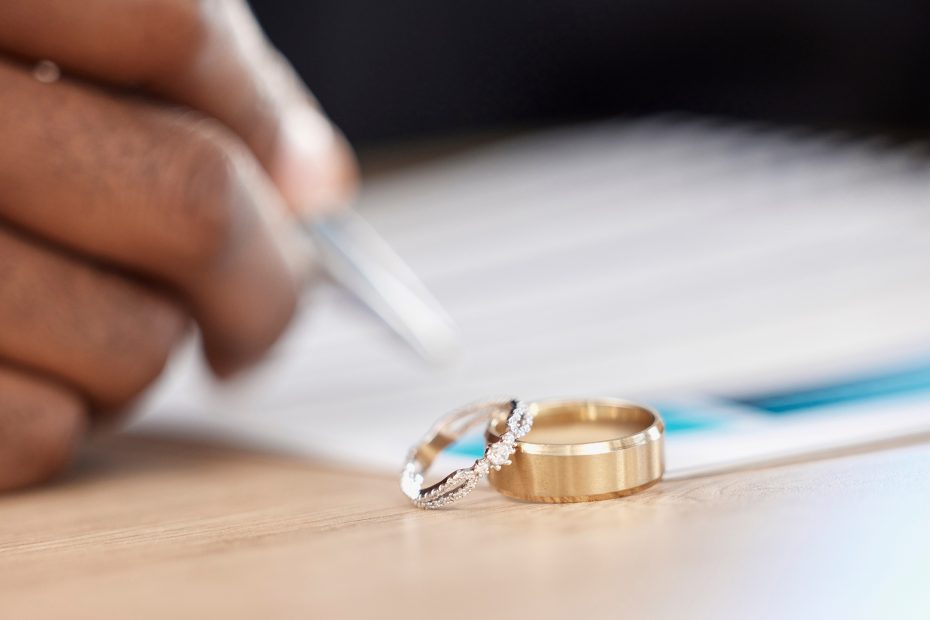People often ask us: “If I sign a prenup, will it actually hold up in court?”
The truth is, in England and Wales, a prenuptial agreement isn’t automatically legally binding. That sometimes surprises people, especially as in other countries a prenup is rock solid. But here, things are a bit more flexible.
That doesn’t mean a prenup is pointless. Far from it. Over the past decade or so, courts have started giving them much more weight. If the agreement has been done properly, and it looks fair, there’s a good chance a judge will respect it.
So What Does “Done Properly” Actually Mean?
Let’s say you’re getting married and you want a prenup. What makes the difference between one that stands up and one that gets brushed aside? A few things are key:
- Timing – don’t sign it at the last minute. Judges don’t like to see people pressured into big decisions days before the wedding.
- Openness – both partners need to be upfront about money, property, savings, debts… everything.
- Fairness – if one person is left struggling while the other walks away comfortable, that agreement is unlikely to hold.
- Voluntary agreement – it should feel like a mutual choice, not a demand.
- Legal advice – ideally, each of you should get your own lawyer to explain the details.
When those boxes are ticked, courts are far more inclined to take the prenup seriously.
Why Couples Choose a Prenup
For many, it’s about clarity, not mistrust. Maybe one person owns a business, or there are children from a previous relationship, or family property that’s been handed down. Having a prenup in place makes sure everyone knows where they stand.
It can also save a lot of stress later on. Divorce is difficult enough without fighting over assets that could have been clearly set out at the start.
Think of it a bit like insurance — you hope you’ll never need it, but it gives peace of mind if you do.
So, are prenups legally binding in the UK? In plain terms, no — not automatically. But that doesn’t mean they’re worthless. When a prenup is fair, transparent, and properly put together, judges are more and more likely to take it seriously.
The key is to get advice early and have it drawn up in the right way. Leave it too late, or cut corners, and the agreement may not stand up if it’s ever challenged. Do it properly, and you give yourself far more protection.
We’ve been working with couples on prenups since 2007, and the aim is always the same: a clear, practical agreement that offers peace of mind for the future.

